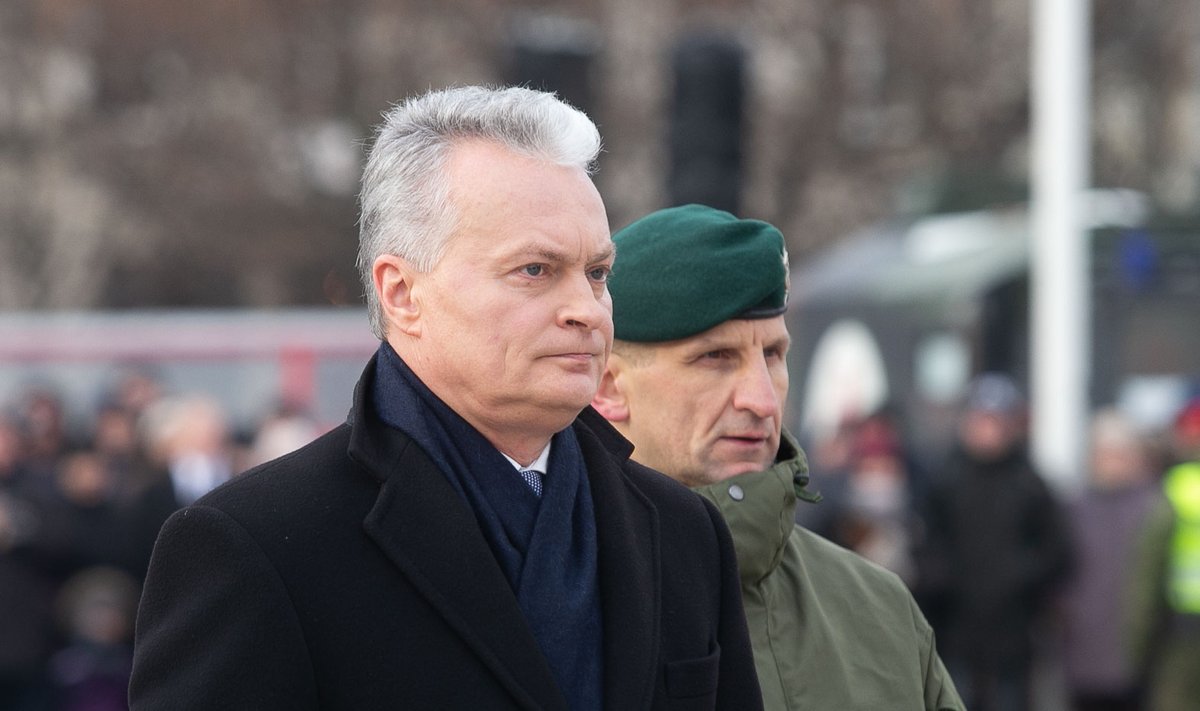It had been planned that leaders of the Alliance's member countries would celebrate NATO's 70 establishment anniversary without any tension but disputes between Turkey and Western countries as well as the French president's statements on NATO problems and ties with Russia have played havoc.
The Baltic states and Poland have become hostage to the situation as Turkey has refused to back NATO's new anti-Russia defense plan for the countries if allies fail to take Ankara's position on the Kurds into account.
BNS presents three key topics and challenges Nauseda might face in London:
DEFENSE PLANS. In response to Russia's aggressive actions, NATO has updated its defense plans for the Baltic states and Poland. Turkey is the only country refusing to endorse them until agreement is reached on how to endorse a similar plan for Turkey. It contains Turkey's much disputed bid to identify Kurdish fighters in northern Syria as terrorist groups. The defense plans can be endorsed at the ambassadorial level but it had been politically agreed to seek agreement until the summit, with Lithuanian Minister of Foreign Affairs Linas Linkevicius having expressed such expectations. Now a compromise is expected to be reached by the end of this year. The Polish and Baltic leaders can raise the defense plan issue at the London meeting.
RUSSIA'S THREAT. French President Emmanuel Macron said before the meeting that NATO was experiencing "brain death", and the Alliance should focus not on the Russia's threat but its fight with terrorism. Up until now, NATO documents have identified Russia's aggressive actions as a threat to Euro-Atlantic security. France might try to water down such provisions in the London declaration but Lithuania and other Central European countries would want to keep the tough tone. To seek compromise, NATO leaders might agree to establish a "wise men group" for strategic discussion on NATO's future.
DEFENSE FUNDING. On the eve of the summit, NATO agreed to reduce the United States' contribution and increase other countries' contribution to the Alliance's join budget, standing at 2.5 billion US dollars, which is used for the maintenance of the NATO headquarters, international staff and NATO's join military resources. Following the establishment of the new formula, Lithuania's annual contribution will grow by around 0.5 million euros. NATO also announced on the eve of the London summit that European allies were increasing defense spending as nine countries, including Lithuania, have reached the agreed 2 percent GDP rate. US President Donald Trump plans to invite the leaders of these countries for separate lunch. For Nauseda, it would be a possibility to pay attention to the importance of deployment of US troops and Lithuania's ongoing military acquisitions from the United States.
